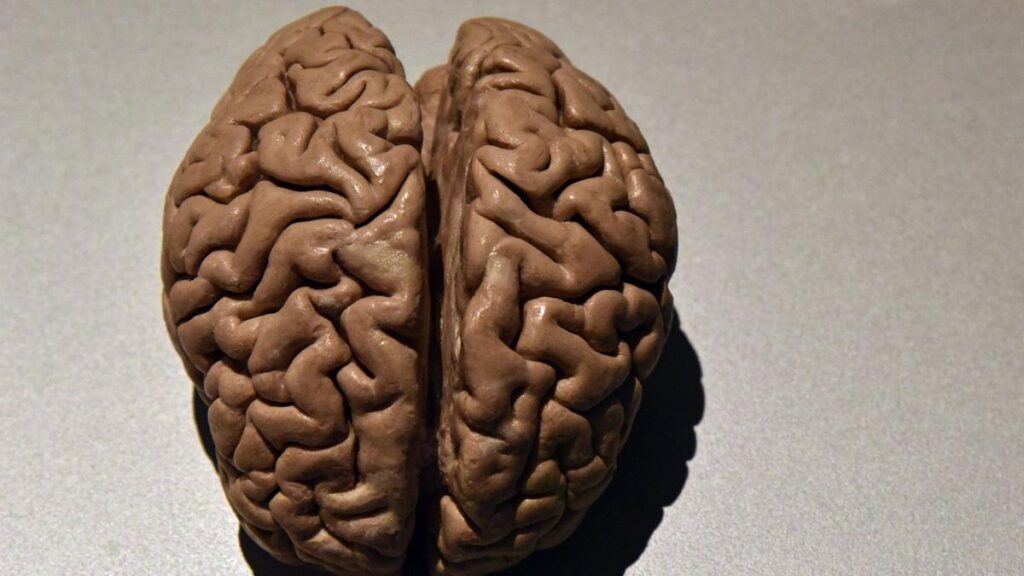
BREAKING: New research has unveiled that the human brain undergoes five distinct developmental eras throughout a person’s life. A landmark study analyzing nearly 4,000 brain scans from individuals ranging from infants to 90 years old has identified four critical “turning points” at the ages of 9, 32, 66, and 83 that significantly reshape neural connections.
Lead researcher Alexa Mousley from Cambridge University emphasizes the importance of this discovery, stating, “Understanding these turning points will help us identify when and how its wiring is vulnerable.” This research highlights how the brain is most susceptible to disruption during adolescence, which is crucial as mental health disorders often emerge during this critical period.
The study reveals that the first era, childhood, extends from birth until around age 9. Following this, the brain transitions into adolescence, lasting until 32—a timeline much longer than previously believed. Professor Duncan Astle notes, “Many of us feel our lives have had distinct phases. It turns out that brains also go through these eras.”
At age 32, the brain undergoes its most substantial shift, entering a fully developed adult wiring phase that lasts for approximately three decades. The next turning point occurs at 66, marking the onset of “early ageing,” when structural changes in the brain begin to accelerate, ultimately leading to the final phase of “late ageing” at age 83.
Mousley points out that significant life events, such as parenthood, may influence brain changes during the early 30s. “We know that women who give birth experience brain changes afterwards. It’s reasonable to assume there could be a relationship,” she explains.
This groundbreaking research not only maps out the milestones of brain development but also offers critical insights into when individuals may face heightened vulnerabilities in their mental health. As society evolves and changes, understanding these developmental stages could serve as a pivotal tool for mental health awareness and intervention.
As this urgent research continues to make headlines, experts encourage ongoing studies to further explore the implications of these findings on mental health, cognitive function, and overall well-being. Stay tuned for more updates on this developing story as it unfolds.






